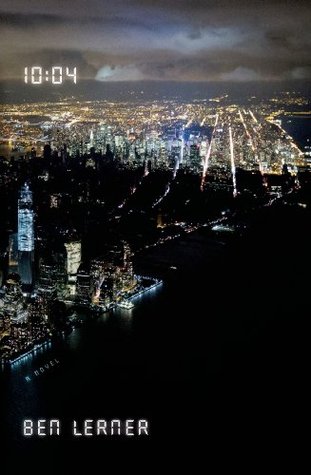More on this book
Community
Kindle Notes & Highlights
Alena worked alongside Sharon and her husband Jon, two of my oldest New York friends, at a small production company that specialized in editing documentary film. It was a job Alena held part-time in order to support what she called her “artistic practice,” a practice Sharon had had trouble describing and about which, because of the phrase “artistic practice,” I’d had grave doubts.
the craquelure confusing genres and lending the image tremendous gravity; the title read: The Picture of Sasha Grey
It was impossible, as at most openings, to look at the art; indeed, the opening as a form, insofar as I understood it, was a ritual destruction of the conditions of viewing for the artifacts it was meant to celebrate.
I frankly admired how she appeared capable of taking or leaving me, of taking and leaving me simultaneously, found it exciting, inspiring even, as if the energy we had generated were now free to circulate more generally, charging everything a little—bodies, streetlights, mixed media.
I looked up and saw the clouds as craquelure.
my mind and body were as a fading coal awakened to transitory brightness by her breath when she’d brushed her lips against me; the earth was beautiful beyond all change.
She was quiet for a minute and then said, “No way,” but in a manner we both knew was just a moment in the dialectic of her yes.
the craquelure of its wake merged with the clouds reflected there and I briefly saw the vessel as a plane.
I’d expected her to say it sounded brilliant, which was what she normally said whenever I ran a literary idea by her—an adjective she’d never applied to any of my nonliterary ideas.
We poets are not, as Oppen would say, coeval with each other, let alone our readers.


